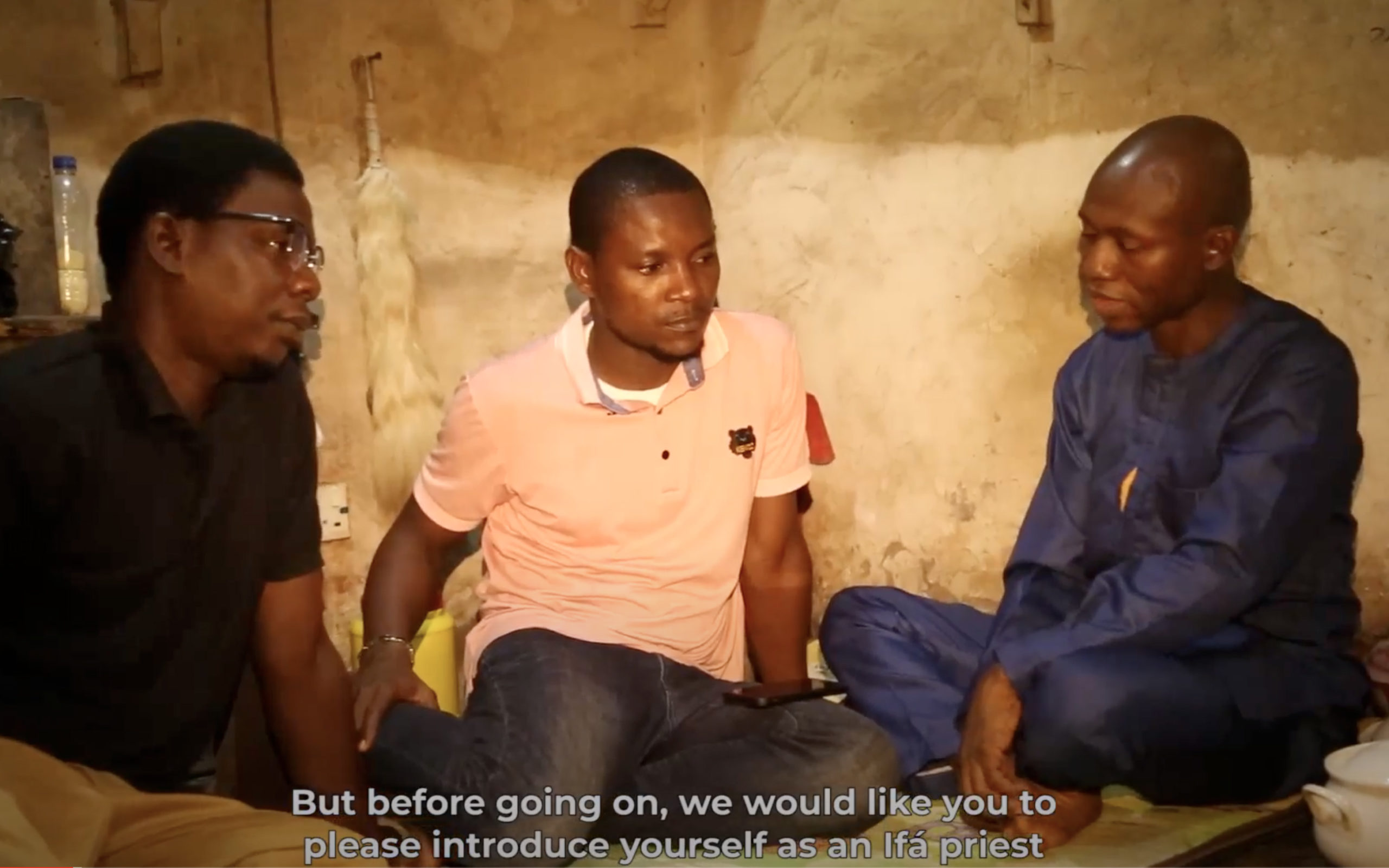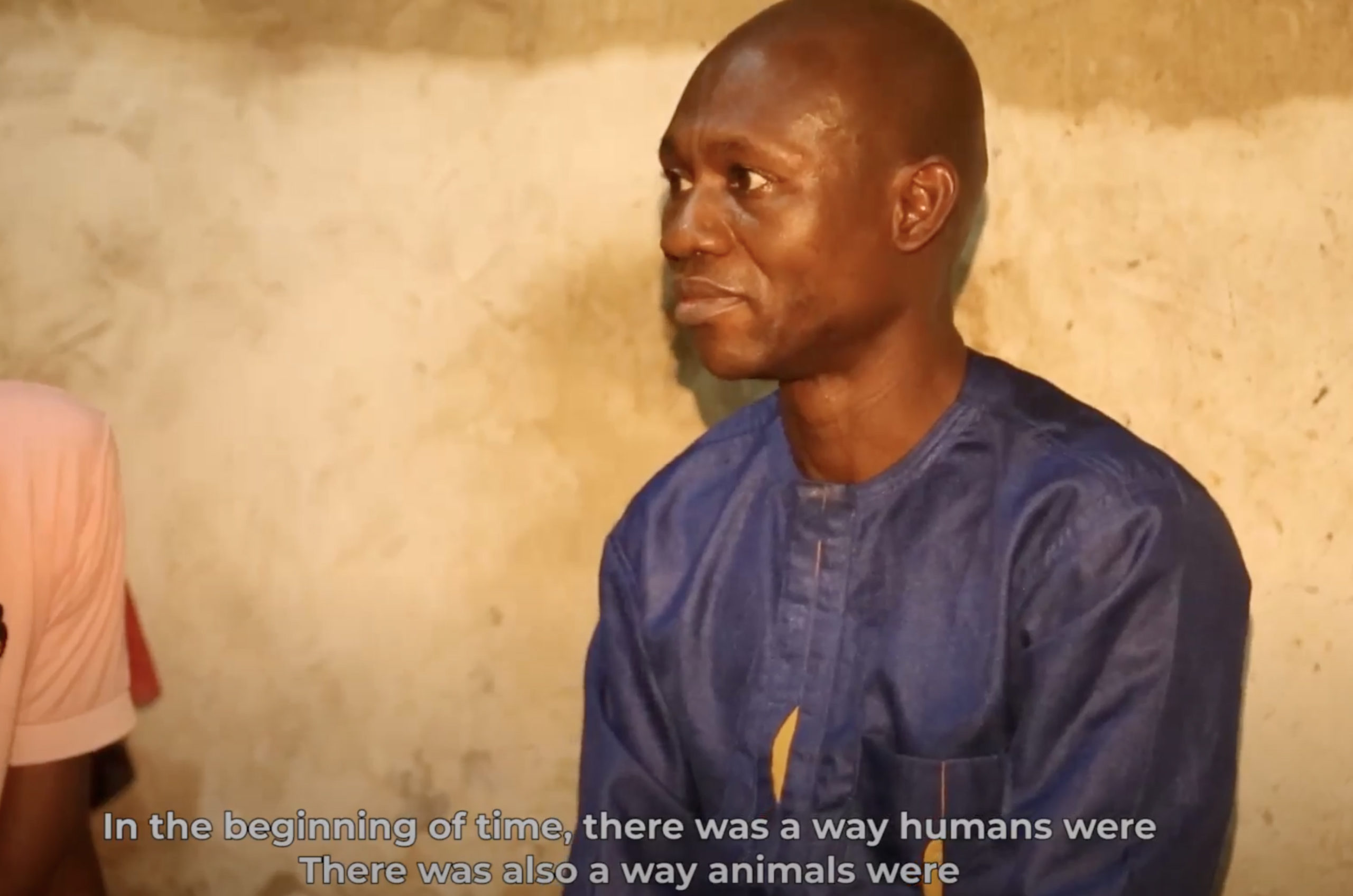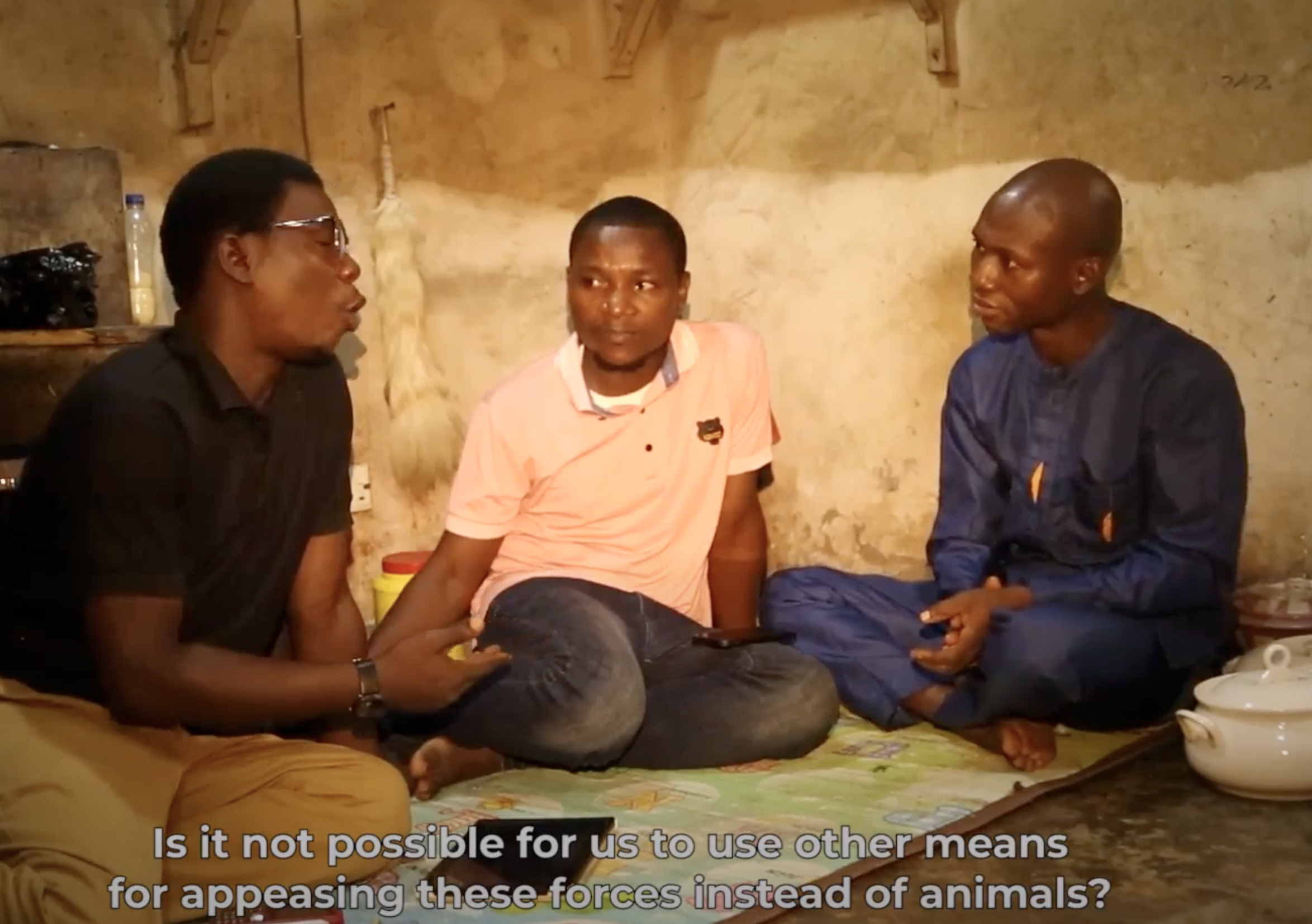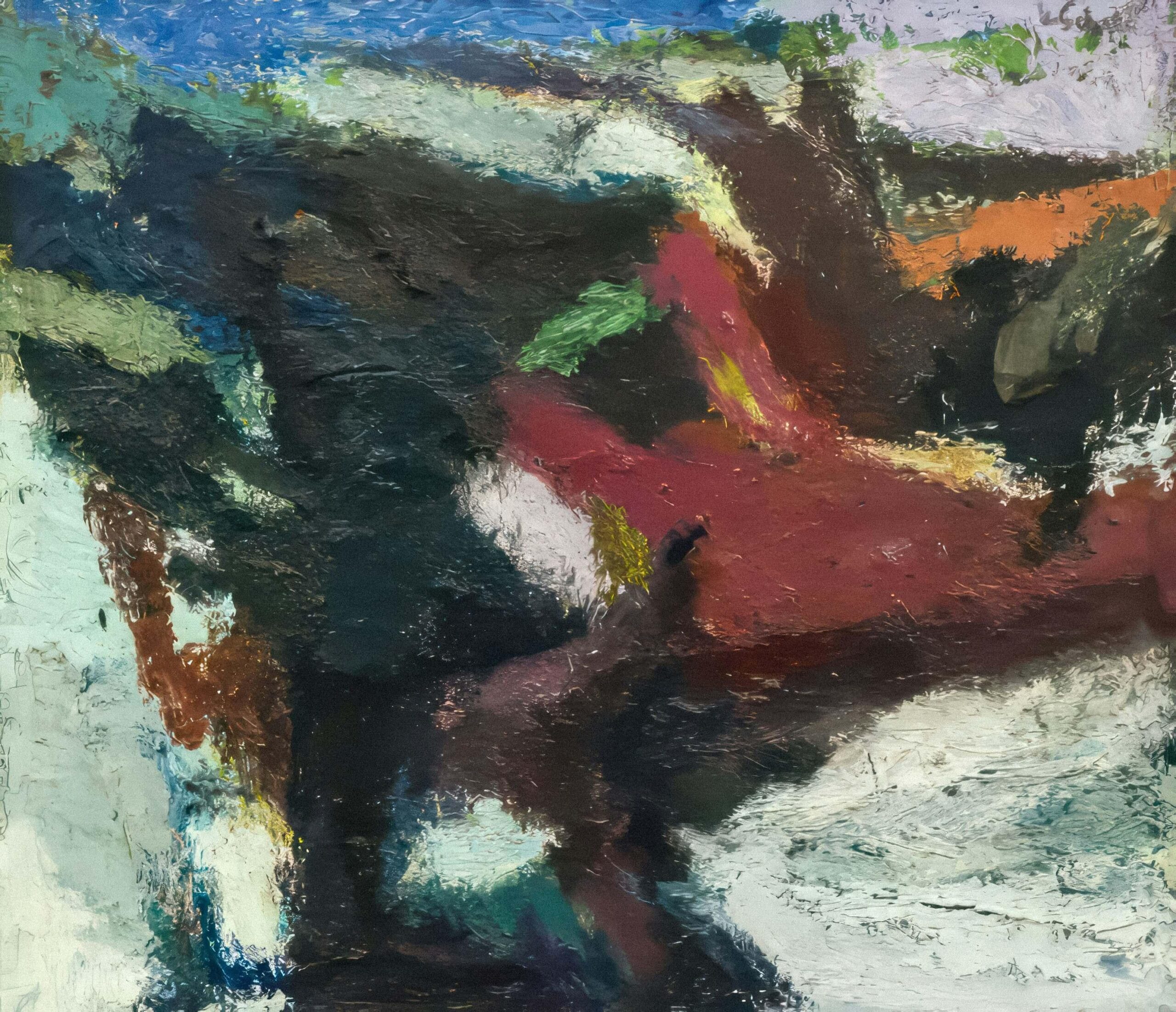Emmanuel Ofuasia
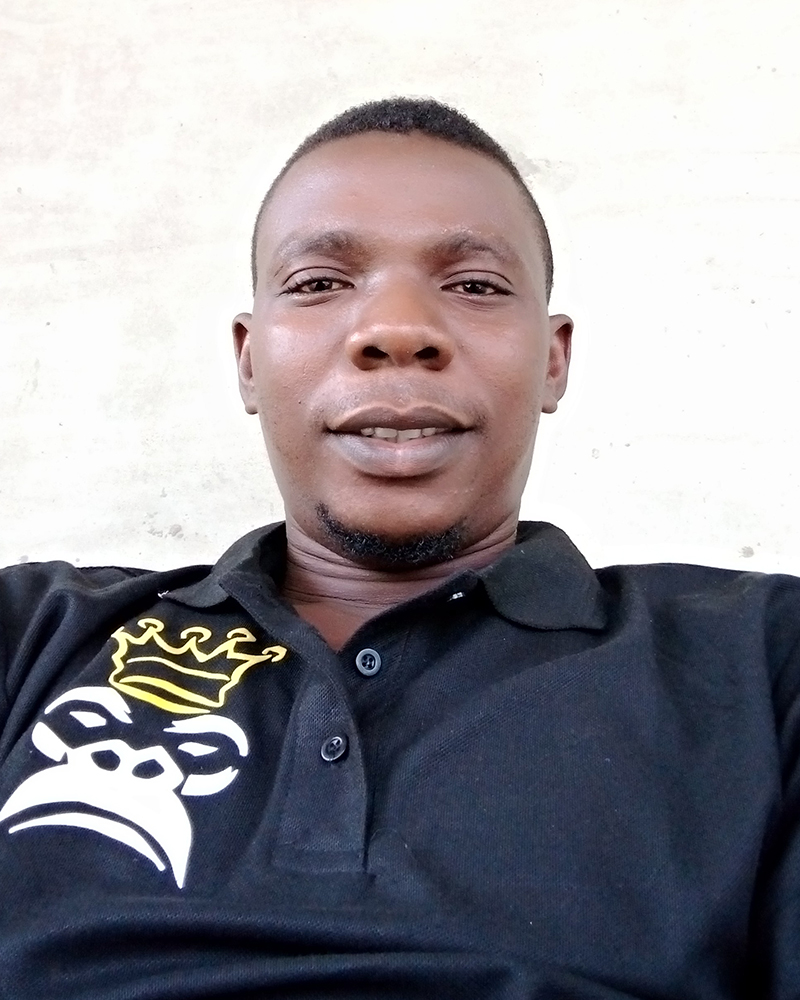
Notice: Undefined variable: post_id in /nas/content/live/cultureanimals/wp-content/themes/Gaea-child/single-project.php on line 93
Research, 2022, Grantee Link >
Emmanuel Ofuasia is a doctoral student in the Philosophy Department at Lagos State University. He received a grant from CAF for “Animal Sacrifice in Traditional African Religion.” This research examines the propriety of animal sacrifice in the West African religion of Ifá, exploring the grounds upon which non-human animals can be used as sacrificial victims to appease some deities and forces—whether natural or non-natural—for the good of humans. Emmanuel writes: “Using Ifá religion as my foil, my research wishes to inquire into the extent to which the use of non-human animals for sacrifice is relevant in the jet age.”
Emmanuel visited Ile-Ife, Osun State, Nigeria, on his field trip for his project, with his friend and fellow Ph.D. student, Sheriff Ibiyemi. Emmanuel writes, “My interaction with this foremost Ifá priest Oloye Owolabi Aworeni, who is well-respected by Ifá practitioners worldwide, has shed some light on the underlying motifs for blood in African Traditional Religion.” In the slideshow below, Oloye Owolabi Aworeni is on the right.
Emmanuel and Semiu Akinbode Shokunbi, an Ifá priest, focused on the latter’s perspective on the use of animals for rituals and sacrifice as a tradition, and why the culture’s use of animals is important. Animal sacrifice is a prevalent part of Ifá religious practice, which dictates that sacrifice is essential to help people. For example, if someone is sick and is uncured by medicine, then Ifá declares that the spiritual forces impacting this person must be appeased before medicine will work. This is where non-human animal sacrifice becomes important for them, as “those who own this world” demand animal blood to help a person break free from their spiritual cage. From the Ifá perspective, death and disease will feed on the sacrifice instead of the ill person, allowing them to heal.
Emmanuel’s main question focused on whether animals and humans have the same rights, especially since animals were the original ones to “own” the land we now live on. After discussing with the priest, Emmanuel concluded that, within Ifá, animals essentially do not have rights. As told in Ifá mythology, when the world was created, humans and animals each had unique ways of living, with animals existing only to complete the cycle of existence. They are thus totally separate entities. Because of this, Semiu Akinbode Shokunbi argued, there is no sense in comparing the respective rights of humans with those of other animals.
Emmanuel followed his previous question by asking if there was no alternative to using animals for sacrifices—if they could perhaps use other elements of nature instead. According to the priest, the problem with this approach lay in the fact that it is not humans who are deciding what to sacrifice, but the spiritual forces. If the divination revealed that a goat had to be sacrificed to save someone, he observed, then this was what the spirits desired; if a leaf off a tree was what must be sacrificed, then they would do that instead. In Ifá, the priest added, everything has a specific role to fulfill, and sacrifice allows for this to happen.
In his final report, Emmanuel wrote: “The unfortunate conclusion [is] that there is nothing that can be done to stop the use of non-human animals in Ifá propriety and it is possible this holds for other traditional African religions as well.”

